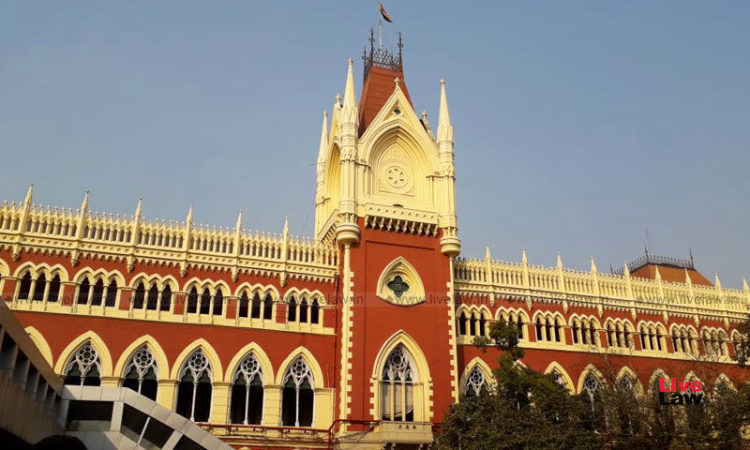Calcutta High Court Reserves Judgment In PIL Against "Unilateral" Appointment Of Interim-VCs By Governor
Srinjoy Das
20 Jun 2023 6:09 PM IST

Next Story
20 Jun 2023 6:09 PM IST
The Calcutta High Court today reserved its judgment in a PIL filed by a retired professor, questioning the alleged illegality with which the Governor of West Bengal, acting as de facto Chancellor of State Universities, unilaterally appointed interim Vice-Chancellors.The petitioner said consultation with the relevant State Departments is mandatory under the UGC norms and prayed for issuance of...
